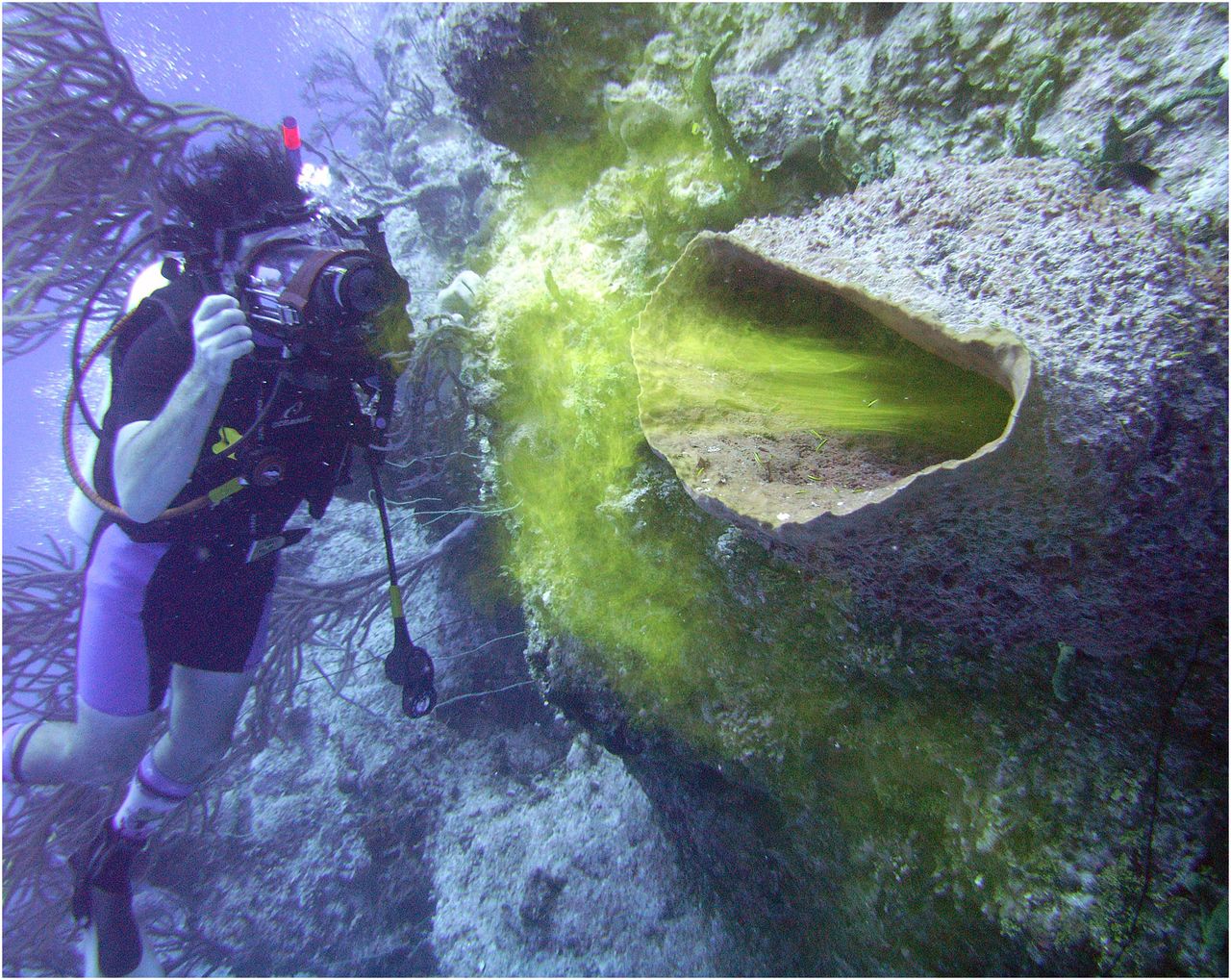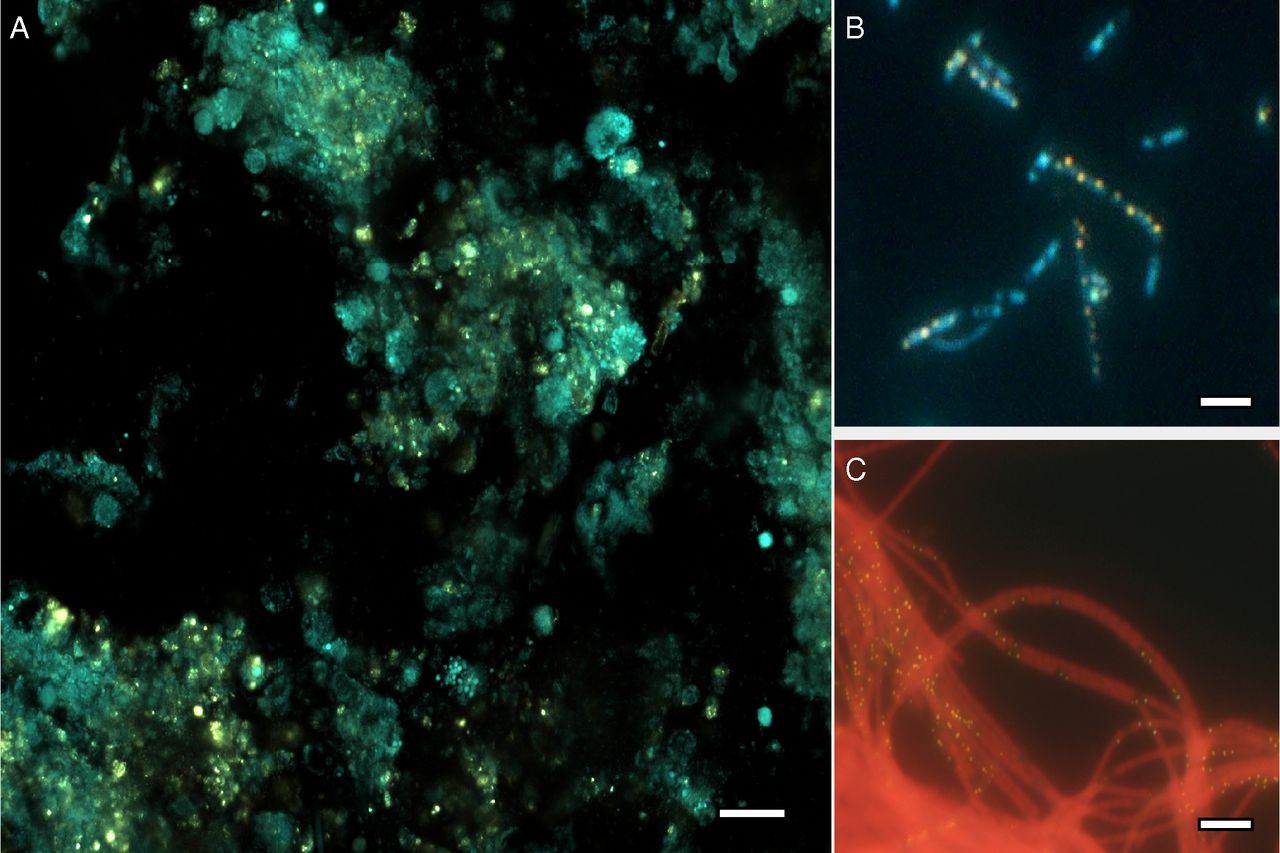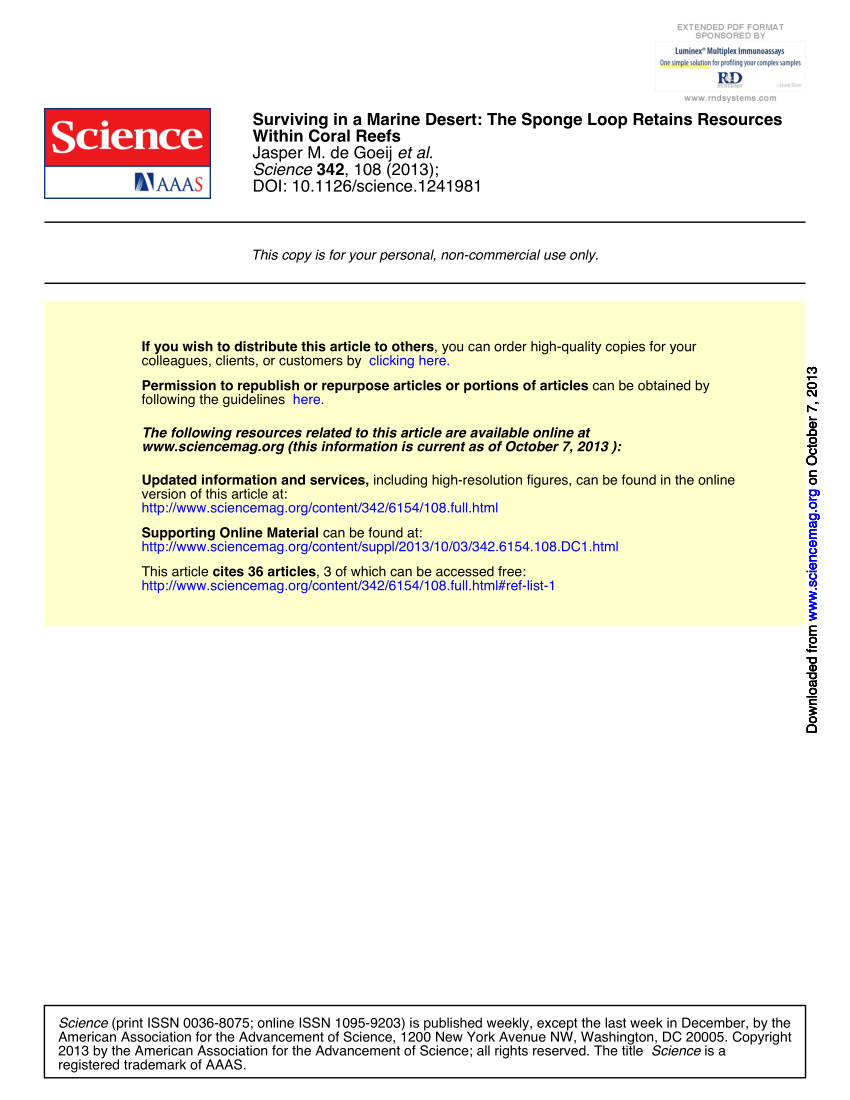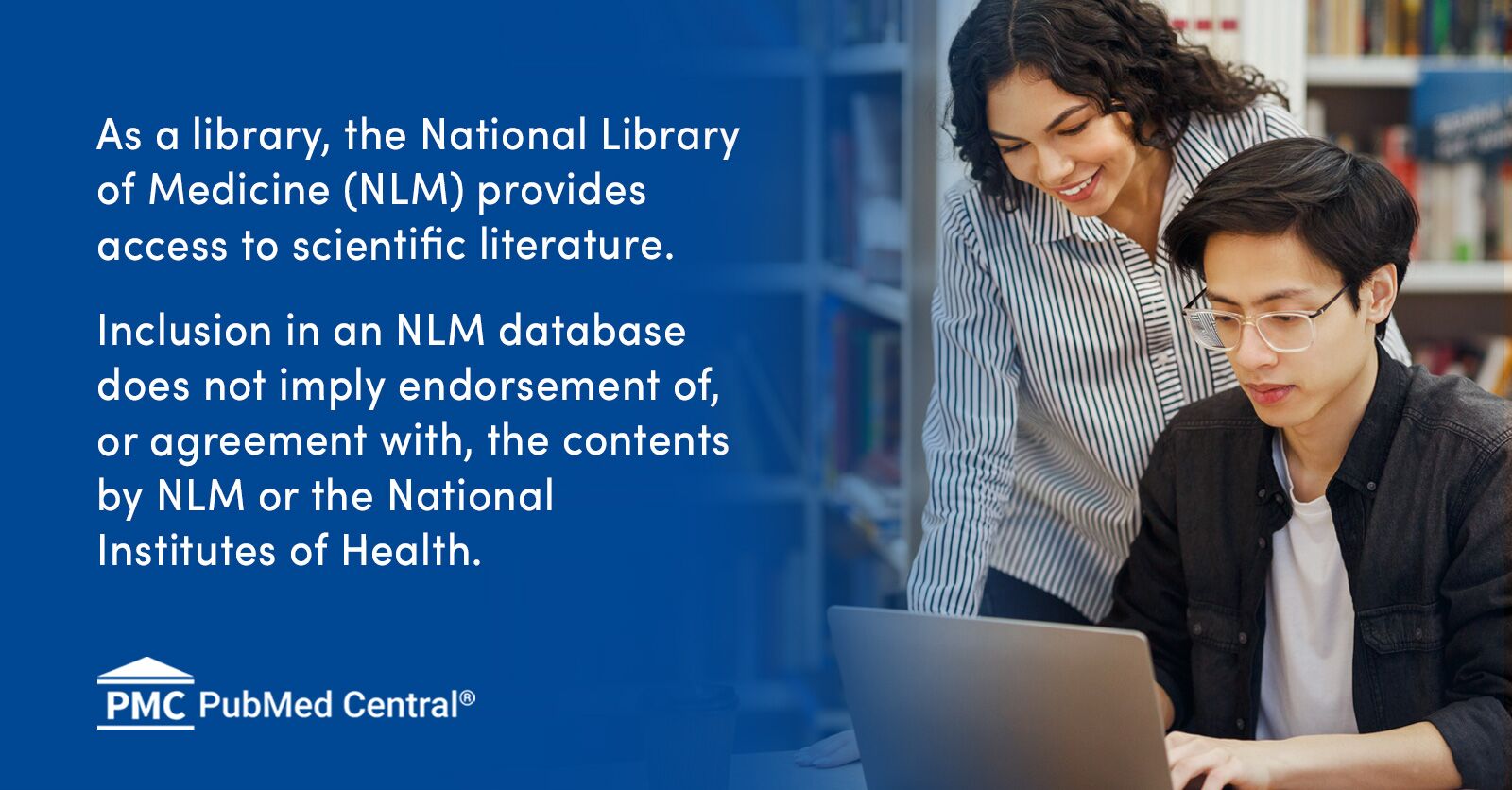Looks like just some basic tweeks to your maintenance is all that's needed to me. Your system looks young, can you post how old it is? First advice I'd give is stay on top of alkalinty, calcium and magnesium. Knowing your phosphate levels would be good but keep in mind you can't test for organic or particulate phosphates so your PO4 number will only be part of the picture. For the algae on the glass use a paper towel that holds up well when wet to wipe AND remove algae, magnets and scrapers only knock it off and it can redeposit quickly. You can use stainless steel straws to siphon algae off the sand and rocks. To kill the lage in the sand you can also siphon off the surface layer of sand rinse, soak a few hours in H2O2, rinse and let sit for a day or so then add back to your tank. Your tap water isn't a problem, I've been running ssytems (1) (2) (3) with tap for well over a decade now and haven't seen a difference compared to my systems using RODI.
Here's figure from this paper looking at phosphorus metabolism
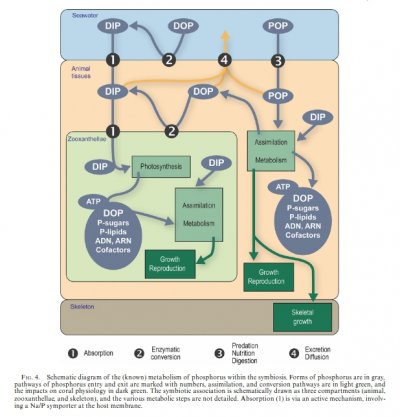
Here's some videos you might find informative:
Forest Rohwer "Coral Reefs in the Microbial Seas"
Changing Seas - Mysterious Microbes
Nitrogen cycling in hte coral holobiont
BActeria and Sponges
Richard Ross What's up with phosphate"
How can you say tap water isn't his issue depending where you live from county to county supplies are different




